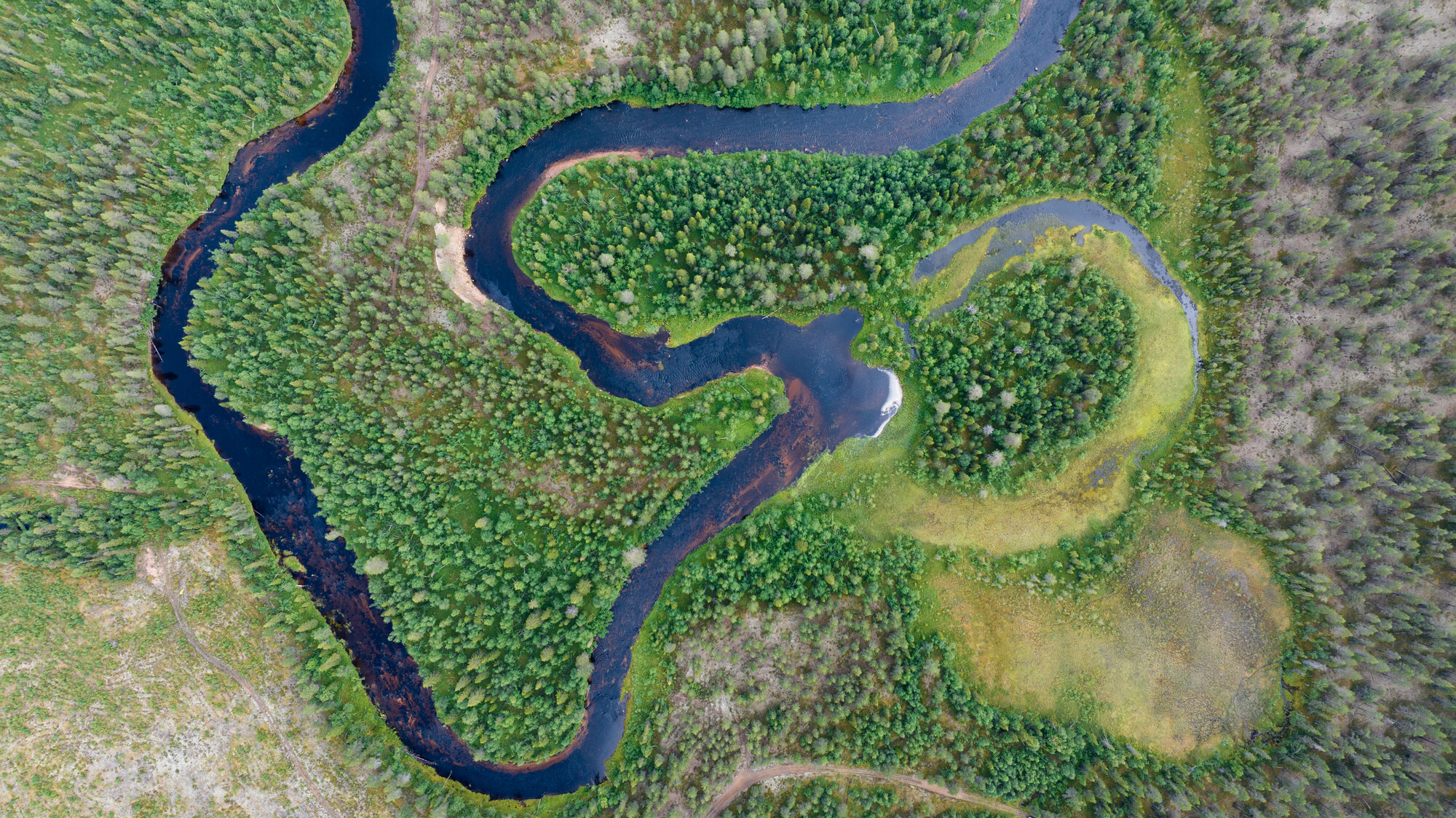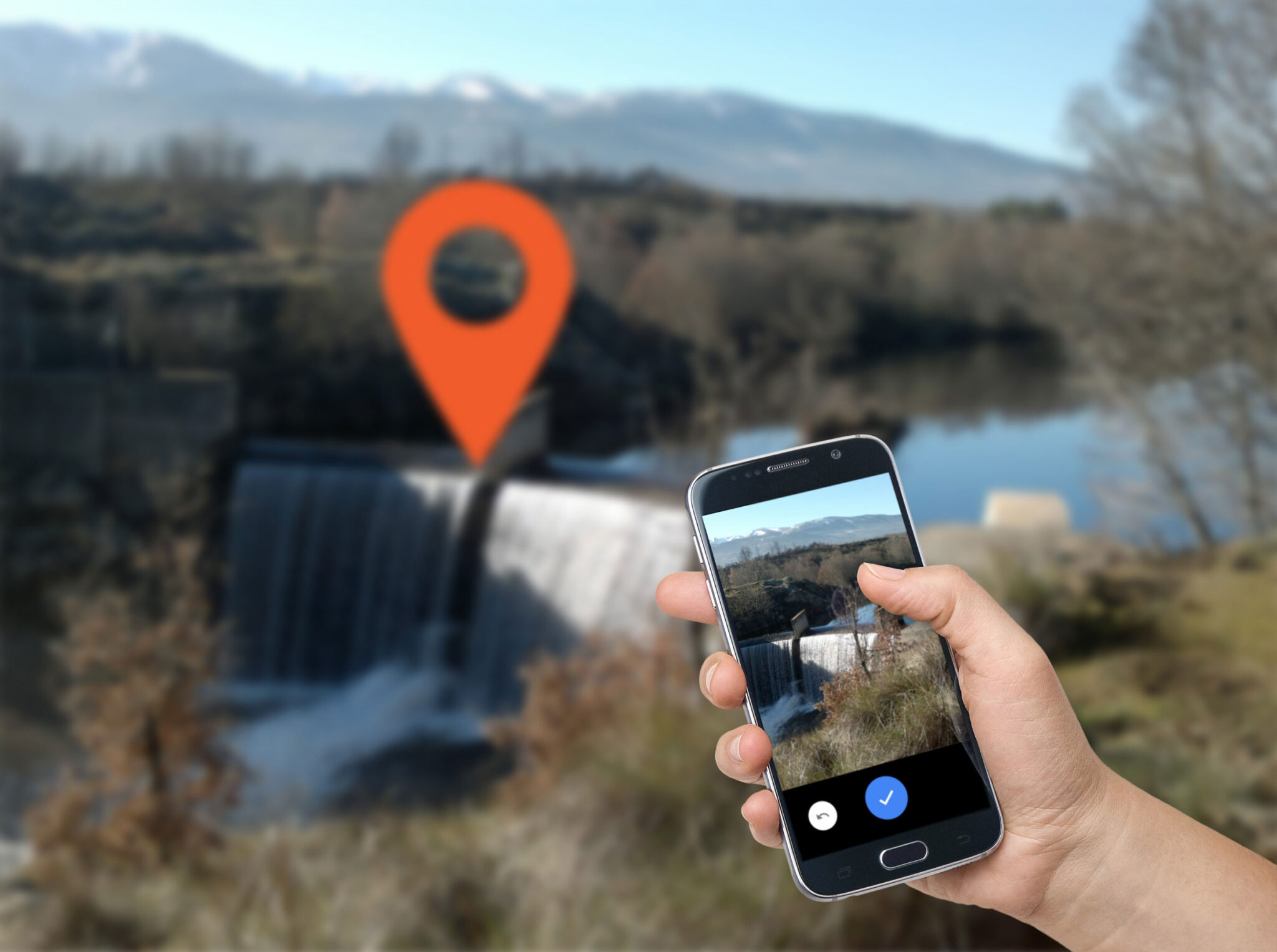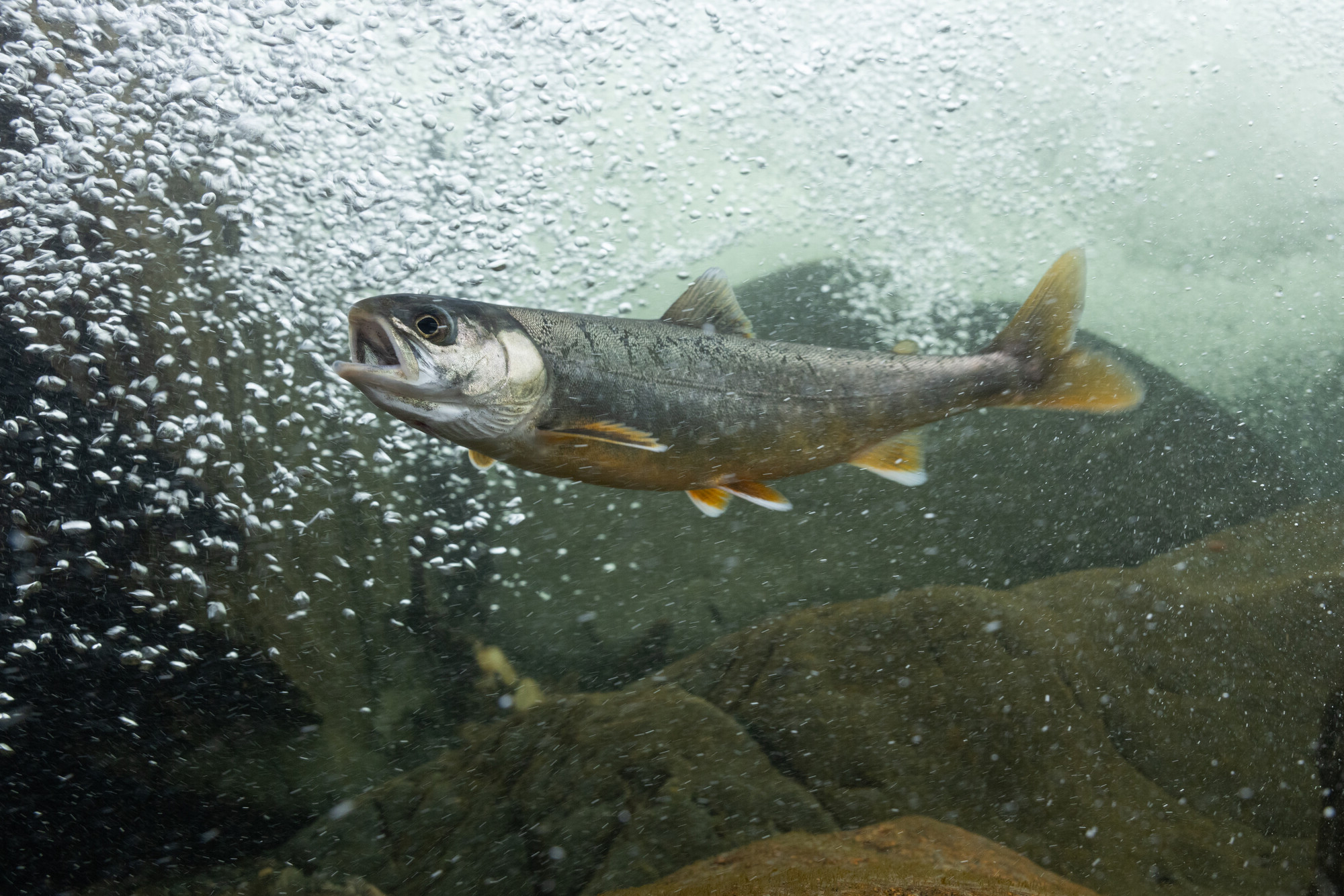Rewilding Rivers

Free-flowing rivers
Free-flowing rivers are vital for the functioning and ecological connectivity of freshwater ecosystems. Healthier, more biodiverse rivers, can support thriving nature-based economies, provide cleaner water, and help to reduce downstream flooding. Natural river catchments are also more climate resilient, enabling the species they host to adapt to changing conditions more easily.
Dams, dykes, reservoirs, navigation and irrigation systems are altering the flows of rivers and fragment them. Among these barriers in Europe, it is estimated that at least 100.000 are obsolete. The highest pressure is put on migratory freshwater fish in Europe that have declined by 93% compared to 1970.
Freeing rivers from old barriers creates the enabling conditions for ecological processes, which ultimately bring to a healthy and resilient freshwater ecosystem.

Track a barrier with your smartphone
Knowing what and where those barriers are is the first step to remove them. The scale of river fragmentation across Europe is almost unknown because of lack of data and because barriers are managed by different entities.
With the AMBER Barrier Tracker App you can record barriers into a database just with your smartphone. You just need to take a picture, add the location, the description and the height of the barrier. Through this app people have collected data on more than ten thousands barriers. This helps identifying where rewilding and restoration are needed, as well as to keep inventories updated.
By just going around with your phone, you can contribute to accelerate river rewilding!

Map an obsolete barrier in your country
There are around 100.000 barriers in European rivers and streams that are not being used. They are old, and not serving the purposes they were intended for anymore – but they are fragmenting rivers and, among others, preventing movement of fish. Having those barrier in place has became costly, with obligations of mantainance and all the missing ecosystem services from a free-flowing river.
We have set up a small task force of young people that want to do some desk research in order to map specifically small obsolete barriers in their area, with the goal of eventually facilitate their removal.
Become a EYR member to participate!